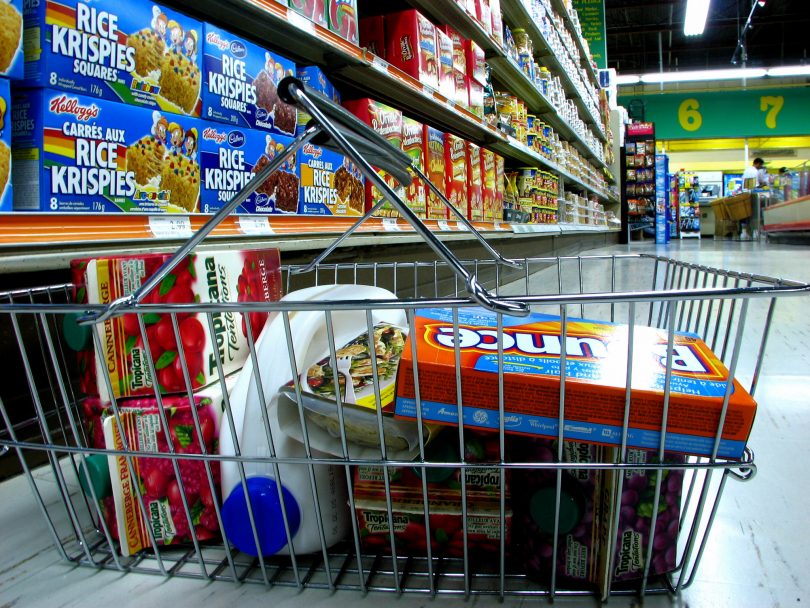By Luciano Cesta
Boston University News Service
At a time when federal aid is pouring into states, meant to address COVID-19’s effects on local economies and beyond, new volunteer groups are emerging to help those who may have found themselves shut out.
The Allston-Brighton Mutual Aid group, formed early on during the pandemic, works to collect and distribute food and money to those who come to them looking for assistance.
Unlike some community organizations that offer support, the all-volunteer group aims to be “non-hierarchical” and distributes aid based on what people ask for.
To illustrate a day’s work as a volunteer, the mutual aid group posted a walkthrough video on their Facebook page. Featuring a worker referred to as “Comrade Roan” by the group, the video takes viewers on a trip to the grocery store, complete with “Roan” rubbing his hands with excitement as he prepares to deliver food and other essentials to those who requested them.
Sitting in a car loaded with grocery bags, Roan can be seen speak-singing “oh yeah, got the groceries, got the groceries” after shopping for a massive list of requested items.
“It’s pretty rewarding to help out families in the neighborhood with growing children and be able to provide them with some good healthy food,” Roan said to the camera.
The organization is part of a larger mutual aid movement that has grown in the Boston area and across the country over the past year. Similar groups have appeared in the Somerville-Medford area, Dorchester, Mission Hill, Cambridge and other communities to address needs of people who may not be able to access government or charity assistance. This is a trend accelerated by the pandemic.
“This is a pattern that was kind of seen across the country, where mutual aid networks were popping up in new places for the first time and in response to COVID-19,” Suzannah Blass, an ABMA volunteer and Smith College student, said.
According to Jesse Talbot, a community organizer and a volunteer at the organization, skepticism of government institutions and the shortcomings or unavailability of aid from traditional charities are reasons why somebody would approach a mutual aid organization.
“The federal government just did not pull through,” Talbot said. “At the beginning of the pandemic, there were a lot of people who fell through the cracks of society.”
Talbot said participating in a mutual aid organization can be personally fulfilling as well.
“I don’t feel like a complete person unless I am doing something like this,” Talbot said.
For Blass, interacting with people who have similar values has been a great experience, as well.
“Seeing the passion, care and the commitment to justice that the people have and getting to be a part of that community is very renewing,” Blass said.
According to the organization’s internal statistics, the mutual aid group for Allston-Brighton has spent more than $66,000 on food aid, direct payments, donations to other organizations and operational expenses as of March 31. It has reimbursed volunteers for grocery deliveries more than 439 times, with each reimbursement covering one or more grocery delivery, and made 104 direct payments to people in need.
Blass said that the organization intends to expand after the pandemic.








